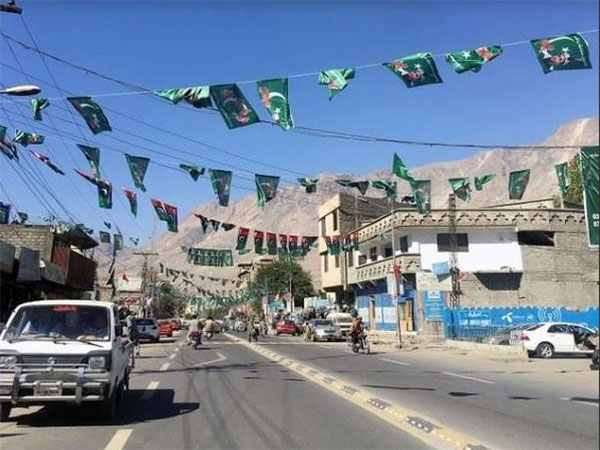Sahiwal's Waste Crisis: A Growing Environmental Concern
For over 20 years, Sahiwal has struggled to properly dispose of its waste, using the banks of the Lower Bari Doab Canal as an unofficial dumping site. Despite recent funding aimed at improving services, health and environmental concerns continue to mount, with new plans facing legal hurdles.

- Country:
- Pakistan
For more than two decades, Sahiwal Metropolitan Corporation has been disposing of solid waste near the Jhal Road Overhead Bridge by the Lower Bari Doab Canal, according to a Dawn report. Despite becoming a metropolitan corporation in 2008, the city still lacks a formal dumping ground, and the Jhal Road location was arbitrarily chosen for waste disposal, sidestepping any legal processes. Consequently, approximately 140 tonnes of garbage are dumped daily on both banks of the canal, with 192 kanals covered on one side and 105 kanals on the other.
Chief Sanitary Officer Riaz revealed to Dawn that roughly 10 million square feet of land by the Jhal Road Overhead Bridge is filled with solid waste. This persistent issue remains unresolved even after the city received PKR 1.8 billion from an Asian Development Bank (ADB) project aimed at enhancing civic amenities. Nonetheless, establishing a sanctioned landfill site remains a distant aspiration. Asjad Khan, City Manager for the Punjab Intermediate City Improvement and Investment Program (PICIIP), corroborated that acquiring a site for waste disposal is included in the ADB project, but execution is pending.
Daily waste dumping has triggered significant environmental and health issues. Residents in Muhammadpura, Hazoori Bagh, and Bhutto Nagar are experiencing health challenges, including respiratory and skin ailments linked to deteriorating air quality. Additionally, occasional waste burning exacerbates the area's already toxic air, further endangering local communities, as Dawn reported. An anonymous public health official highlighted that waste buildup attracts pests spreading illnesses like malaria and dengue. Furthermore, decomposing waste introduces harmful elements to local canal water and soil, heightening public health risks. These conditions have drawn the scrutiny of environmental experts and ADB officials.
Sources indicate that the environmental impact, especially on air quality, has raised alarms within ADB's social and environmental departments. It was communicated to the divisional coordination committee that the current site's environmental hazards severely compromise the city's air quality. Local resident Haji Mushtaq criticized the authorities for their lack of concern for residents' health in Jhal Road's impoverished neighborhoods, expressing frustration over the apparent disregard for community welfare.
Municipal officer Waqas Akram conceded the site's unsuitability for waste disposal. The extent of the issue was revealed in a joint inspection by officials from the municipal corporation, irrigation department, and revenue department, as reported by Dawn. The inspection found that land from RD 326 to RD 329 on the eastern canal bank contained 6,562,500 cubic feet of waste, while the western bank held 3,562,500 cubic feet.
Sahiwal Commissioner Shoaib Iqbal confirmed plans for a new landfill near Bunga Hayat. However, he noted that land acquisition is stalled due to local residents' litigation. "In the future, daily waste disposal will move from Jhal Road to the new site," he stated.
(With inputs from agencies.)










